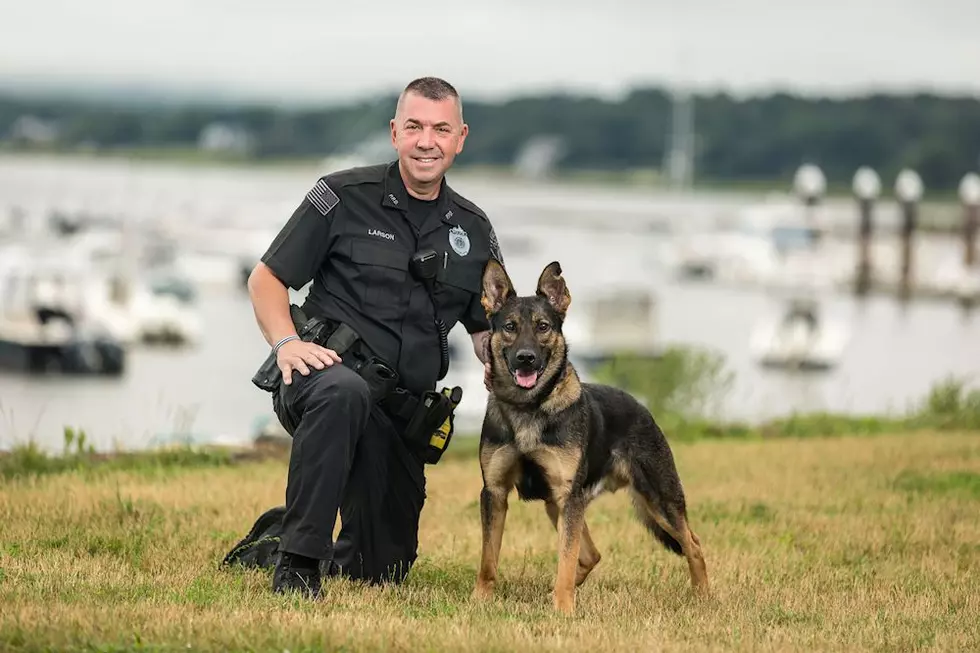
Plymouth PD Introduces First Co-Response Clinician to the Force
Last week, the Plymouth Police Department announced an exciting new addition to the force that brings Child and Family Services and police officers together.
Abigail Dudley is the department’s first co-response clinician, who will be in the field alongside officers working to deescalate people in crisis and improve the relationships between officers and the people they protect.
“I had always found this interesting,” said Dudley. “My background is in corrections, juvenile and adult, and this was naturally the next step.”
Relationship Between Child and Family Services and Police
Three years ago, the New Bedford Police Department began working with Child and Family Services after it noticed a lot of calls were related to mental health and realized there was a natural partnership waiting to happen.
Pam Bolarinho, director of emergency services at Child and Family Services, explained how the partnership comes at no cost to the departments.

“Because we are a local emergency service team, it does not cost (the department) anything,” she said. “We are the emergency service team for the state. We do all of the evaluations for anyone who is experiencing behavioral or mental health issues.”
Dudley's Role with Plymouth Police
Dudley heard that Plymouth PD was in dire need of clinicians, so she kept a watchful eye on any job openings, and she applied as soon as the role was made public.
Dudley will join officers in the field to deescalate situations when needed.
“If a person is in crisis, I will step in and do an on-the-spot evaluation,” she said. “Child and Family Services has an entire team, so once I do my piece, they can do referrals. There is a great follow-through with each other.”
Dudley's presence allows for a moderator in an otherwise stressful situation. In the first few days of operation, Dudley has prevented 10 people from needing a trip to the hospital.
The Program is Already Filled with Succesful Stories
The partnership allows for a less stressful experience when a police officer is involved.
“It’s what the community needs, the patient needs, the family needs,” said Bolarinho. “Out of the 535 people we have seen up to date, there has only been five times where an officer has been hands-on, meaning handcuffs on and in the cruiser. ...
"It’s been a huge benefit to the patient and the officer finds it to be such a relief to just do the work, and really provide that community relation.”
It’s an incredible addition to the department, showing that Plymouth is putting emphasis on the importance of communication, mental health and the safety of its citizens.
Little Known Historical Facts About SouthCoast Towns
More From WFHN-FM/FUN 107









